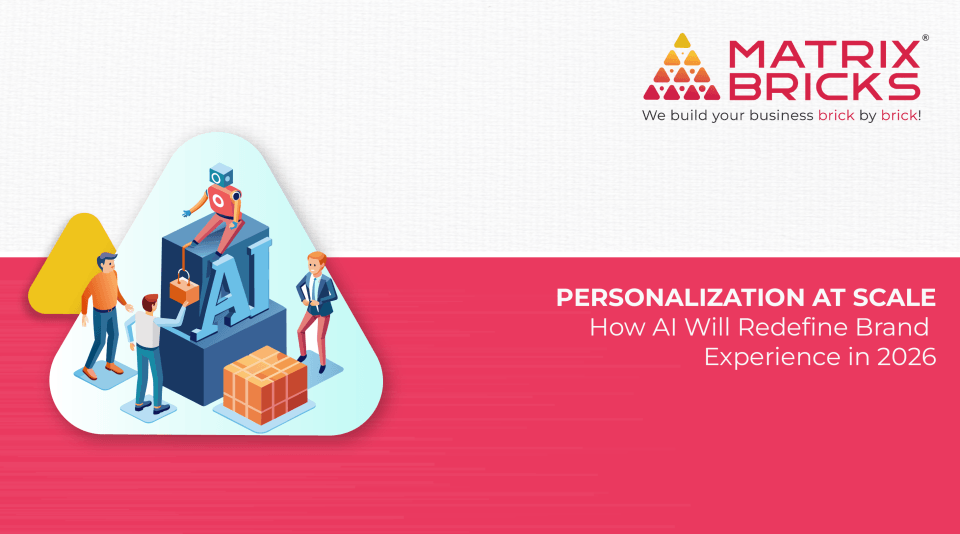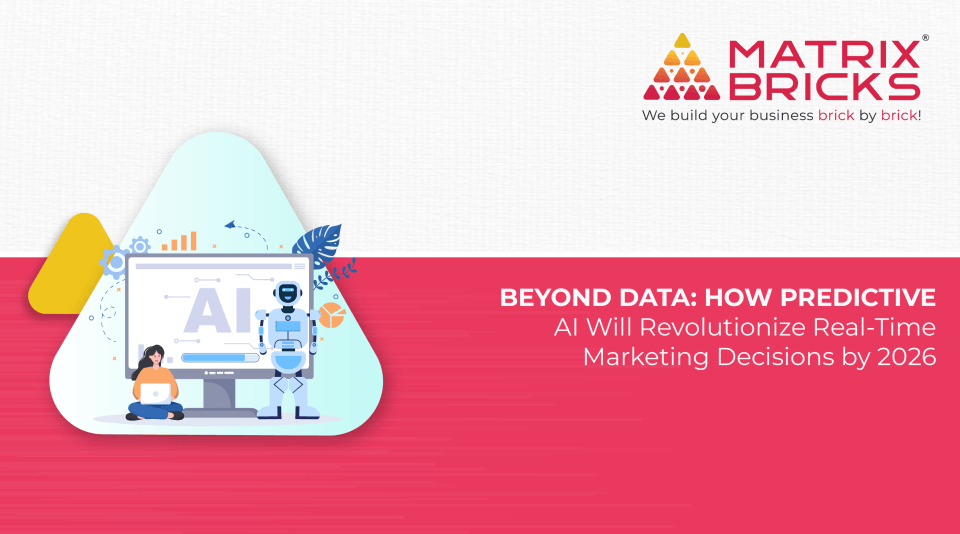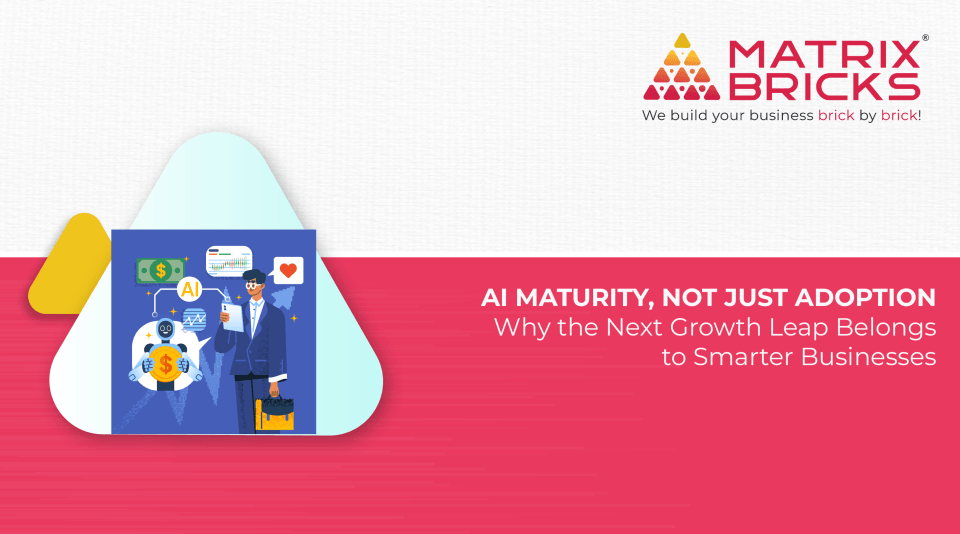Data engineering is the backbone of modern, data-driven organizations, playing a pivotal role in developing, deploying, and maintaining robust data pipelines and infrastructure. It ensures the seamless flow of data across systems, transforming raw information into valuable assets that drive innovation and strategic decision-making. By laying down a solid foundation for data operations, data engineering solution providers facilitate the collection, storage, processing, and analysis of vast data volumes. This empowers organizations to gain actionable insights and improve decision-making capabilities. In today’s competitive landscape, where data is the cornerstone of business advantage, the value of efficient solutions cannot be overstated.
Common Methods and Algorithms
- ETL (Extract, Transform, Load): ETL is a core component, enabling the seamless movement of data from multiple sources into a unified, analysis-ready format. Modern ETL pipelines are built to be scalable and adaptable, processing vast amounts of data with low latency. Some solution providers also implement ELT (Extract, Load, Transform), which allows for faster data movement when transformations can be deferred.
- Batch Processing vs. Stream Processing: The choice between batch and stream processing depends on the specific business needs. For applications that require immediate insights, such as fraud detection or stock market analysis, stream processing is indispensable. On the other hand, batch processing is more suitable for less time-sensitive tasks like periodic reporting. A skilled team can evaluate your business requirements and implement the appropriate processing approach—or a hybrid model—to optimize performance.
- Distributed Computing: When dealing with massive data volumes, distributed computing frameworks like Apache Hadoop, Spark, and Flink are essential. These technologies enable the parallel processing of large datasets, ensuring faster insights and better system scalability. These frameworks are leveraged to support large-scale data operations while maintaining efficiency.

Benefits of Data Engineering
Improved Data Quality
Enhanced Scalability
Faster Time-to-Insight
Cost Optimization
Data-Driven Innovation
Advanced Areas of Data Engineering
Data Integration
Integrating data from multiple platforms—including CRMs, ERPs, and marketing tools—is vital for holistic analytics. Data engineering company in America excel in unifying disparate datasets, enabling organizations to perform seamless cross-platform analysis.
Real-Time Data Processing
In industries like finance, healthcare, and logistics, real-time data processing is critical. Companies design real-time data pipelines that allow organizations to monitor key performance indicators (KPIs), detect anomalies, and react swiftly to changes.
Cloud-Based Data Engineering
With digital transformation accelerating, cloud-based solutions are now an integral part of modern strategies. Leading platforms like AWS, Google Cloud, and Azure provide robust environments for scalable data operations. Cloud data engineering services providers assist businesses in migrating their data infrastructure to the cloud, ensuring optimal performance and cost-efficiency.
Challenges and Solutions
Data engineering is essential for building efficient and reliable data ecosystems, but it comes with its share of challenges. Understanding these challenges and how to address them is crucial for businesses to maximize the value of their data operations.
1. Data Silos:
- Challenge: Many organizations struggle with data silos, where data is stored in isolated systems that don’t communicate with each other. This fragmentation limits comprehensive analysis and hinders data analytics and engineering efforts.
- Solution: Providers can implement data integration techniques and use tools such as Apache NiFi and Talend to harmonize data from various sources. By creating unified data pipelines, businesses can eliminate silos and support more robust analytics.
2. Data Quality Issues:
- Challenge: Inconsistent, duplicate, or incomplete data can undermine the accuracy of insights drawn from data analytics services. Poor data quality can lead to erroneous conclusions and suboptimal business decisions.
- Solution: Comprehensive data quality checks, data cleansing processes, and automated validation tools are part of the solutions provided by specialists. Implementing data governance practices and quality monitoring ensures long-term data reliability.
3. Scalability Concerns:
- Challenge: As organizations grow, their data needs can quickly outpace the capacity of existing infrastructure. This results in performance bottlenecks and slow data processing.
- Solution: Adopting cloud-based solutions and distributed computing frameworks like Apache Spark can help scale data operations. Consultants assist in migrating legacy systems to the cloud, leveraging scalable resources from AWS, Google Cloud, or Azure to accommodate business growth seamlessly.
4. Real-Time Processing Demands:
- Challenge: Some industries require real-time data processing to make instant decisions, such as fraud detection in finance or patient monitoring in healthcare. Traditional batch processing fails to meet these immediate needs.
- Solution: Some industries require real-time data processing to make instant decisions, such as fraud detection in finance or patient monitoring in healthcare. Traditional batch processing fails to meet these immediate needs.
5. Complex Data Architectures:
- Challenge: Managing complex data architectures involving multiple data sources, formats, and platforms can become overwhelming, leading to inefficient data management and delayed insights.
- Solution: Managing complex data architectures involving multiple data sources, formats, and platforms can become overwhelming, leading to inefficient data management and delayed insights.
6. Data Security and Compliance:
- Challenge: Managing complex data architectures involving multiple data sources, formats, and platforms can become overwhelming, leading to inefficient data management and delayed insights.
- Solution: Emphasis is placed on secure data practices, including encryption, access control, and compliance audits. Companies can also leverage tools for data anonymization and role-based access to protect sensitive information. Consulting firms provide strategies to ensure that data processes are compliant with the latest regulations, minimizing risk exposure.
7. High Costs and Resource Management:
- Challenge: Building and maintaining large-scale data pipelines can be costly, with expenses related to infrastructure, data storage, and processing.
- Solution: Cost optimization is a focus of these solutions, where service providers use techniques such as data compression, efficient query optimization, and cost-effective cloud services. By strategically managing data processing loads and selecting the right mix of services, organizations can lower expenses while maximizing value.
How Does Data Engineering Work?
Data Collection and Ingestion
Data Storage and Management
Data Processing and Transformation
Data Analysis and Visualization
Get Your Free Audit Now!
Frequently asked questions
What are data engineering services?
What services do data engineering companies provide?
Why are data engineering solutions important for businesses?
What does a data engineer consultant do?
How can data engineering consultants help optimize data workflows?
How do data engineering solutions improve data quality?
What technologies are commonly used in data engineering?
Can data engineering services be customized for different businesses?
What is the role of ETL in data engineering?
How can I choose the right data engineering company for my business?
Client Testimonials












